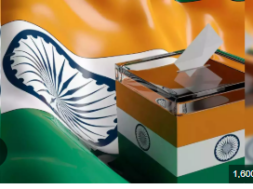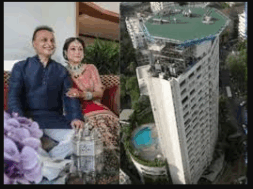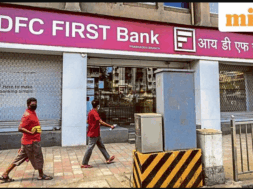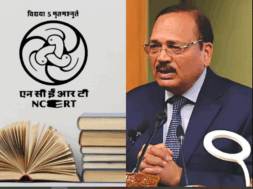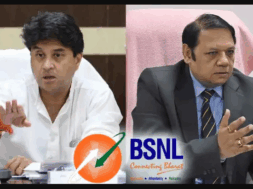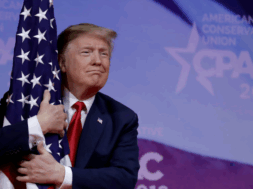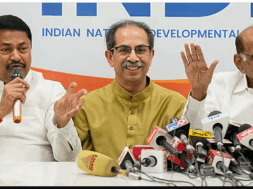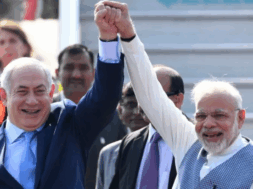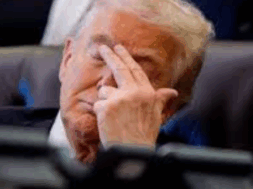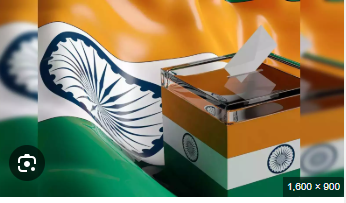
Manas Dasgupta
NEW DELHI, Dec 9: The central government is believed to be contemplating to bring the “One Nation, One Election” bill during the current winter session of Parliament and initiate moves to build up consensus on the issue among various political parties.
The Union Cabinet has already approved the report of the Ram Nath Kovind Committee on One Country One Election. Sources within the government said in case it was not possible to introduce the bill in the current session, it certainly would be brought in the budget session beginning two months later.
The government is well aware that it did not command two-thirds majority in Parliament to get the constitutional amendments through needed to implement the “one Nation, One Election” system. The government, therefore, will not be averse to refer the bill to a Joint Parliamentary Committee (JPC) for wider consultation on the lines of the Waqf Amendment Bill to build up a consensus among various political parties on the issue.
The JPC will hold discussions with representatives of all political parties. The other stakeholders will be involved in the process too, sources said. Speakers of all state assemblies can also be called along with intellectuals from across the country. The opinion of common people will also be taken.
Initially, the government wants to involve the people and the ways and means to achieve this can be discussed later, sources said. Changing the current system will be extremely challenging in the absence of a consensus.
Implementing the “One nation one election” plan would involve at least six bills to amend the Constitution and the government would require a two-thirds majority in parliament. While the NDA has a simple majority in both houses of parliament, getting two-thirds majority in either house could be an uphill task.
Of the 245 seats in Rajya Sabha, the NDA has 112, the Opposition parties 85. For a two-thirds majority, the government needs at least 164 votes. Even in the Lok Sabha, the NDA has 292 of 545 seats. The two-thirds majority mark stands at 364. But the situation could be dynamic, since the majority would be counted only in terms of the members present and voting.
The government has been pushing for simultaneous elections for a while, contending that the current system is a drain on time, money and effort. Then there is the question of the Model Code of Conduct, declared before elections, which puts brakes on development work, the government has pointed out.
The Opposition has called the idea impractical, pointing to the logistical challenged the poll commission faces in just holding the state elections that sometimes run into multiple phases. The simultaneous election idea is also undemocratic and unconstitutional, the Opposition has contended.
The Kovind report has suggested that the government create bipartisan support and a countrywide narrative. The implementation of “One Nation One Election” can only happen after 2029, the report has recommended.
Sources said apart from discussions with state governments and political parties, the JPC will be mandated to hold talks with speakers of state assemblies and people from different walks of life. They said the Centre is yet to take a call on whether the bill be a comprehensive one or multiple, including those suggesting constitutional amendment, as per the Kovind committee that had recommended three legislations may be brought as part of the bill.
Once the ONOP proposal was cleared by the Union cabinet in September, there was a buzz that the legislation could be introduced in the winter session. But, the Centre was keen on building a consensus before introducing it in Parliament.
‘One nation one election’ is aimed at simultaneously conducting Lok Sabha and assembly elections. According to the government, this move will cut down on expenses and reduce logistical hurdles in the voting process. Just before the Lok Sabha elections this year, the high-level committee headed by former president Ram Nath Kovind had submitted its report on the proposal. It had the participation from various political parties and Supreme Court judges.
In fact, Union ministers Rajnath Singh, Arjun Ram Meghwal and Kiren Rijiju had been appointed to hold talks with the opposition parties. While they have held consultations with some political parties, no one has reached out to major opposition parties like the Congress.
While announcing the cabinet’s decision, the government had said ONOP will be implemented in two phases as recommended by the Kovind committee. In the first phase, there are plans to conduct Lok Sabha and assembly polls simultaneously. The second phase will entail local body polls (panchayat and municipalities) within 100 days of general elections. Also, there are plans for a common electoral roll and the formation of an implementation group.
The Prime Minister Narendra Modi is a strong advocate of this reform. With this, the ruling regime can focus more on governance for its entire tenure and not get stuck with elections. In fact, the BJP’s top leaders, including home minister Amit Shah, have said on multiple platforms that the ‘One nation, one election’ will be a reality before the 2029 polls. Even NDA partners, including Telugu Desam Party’s Chandrababu Naidu, are strong advocates of ONOP.
